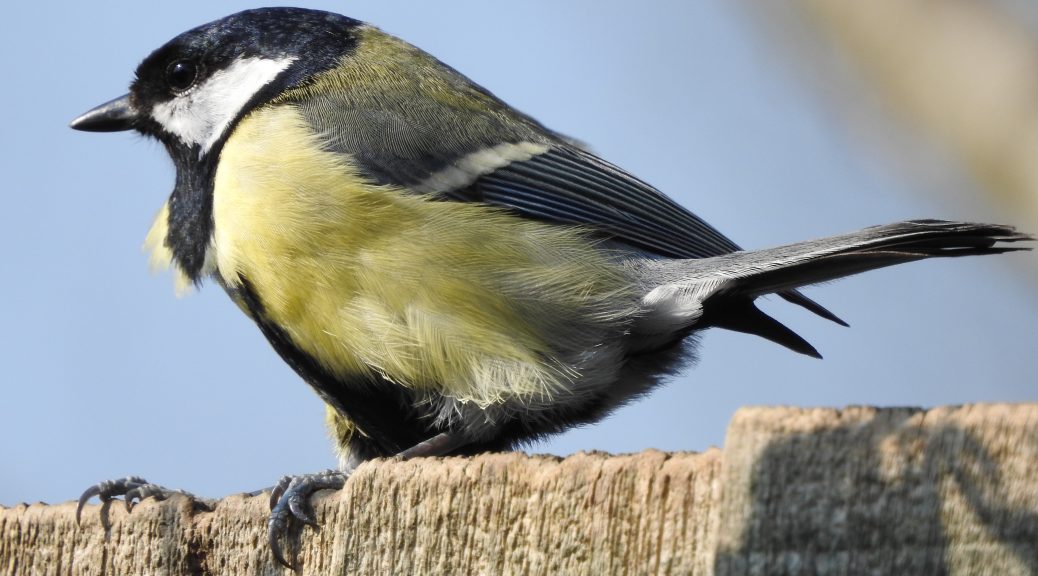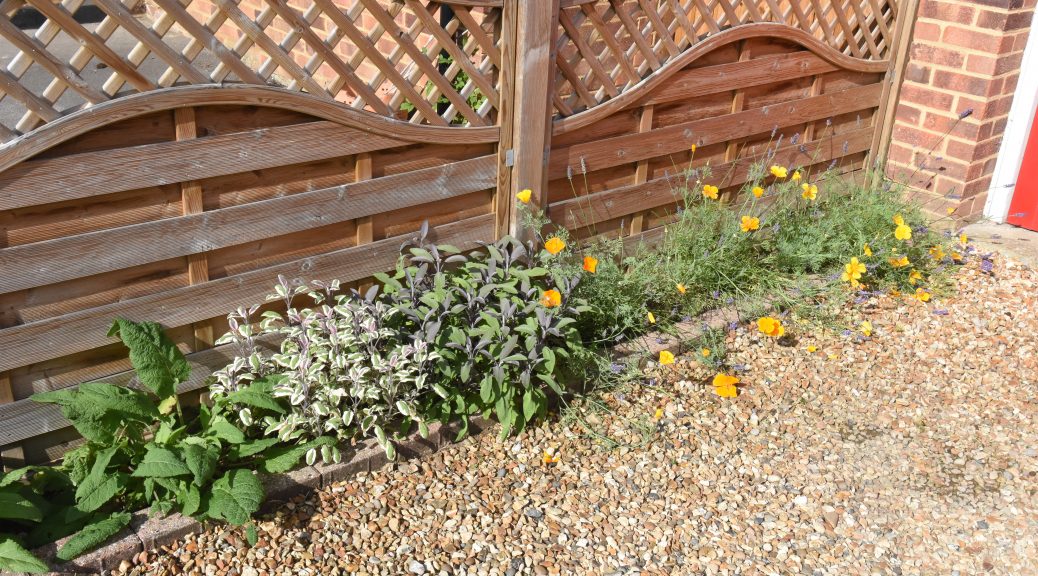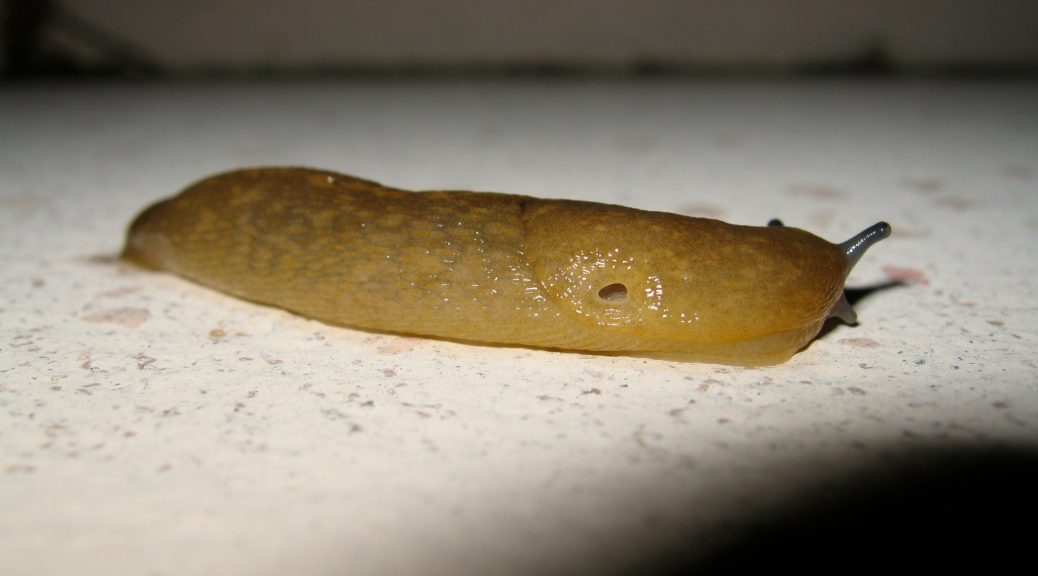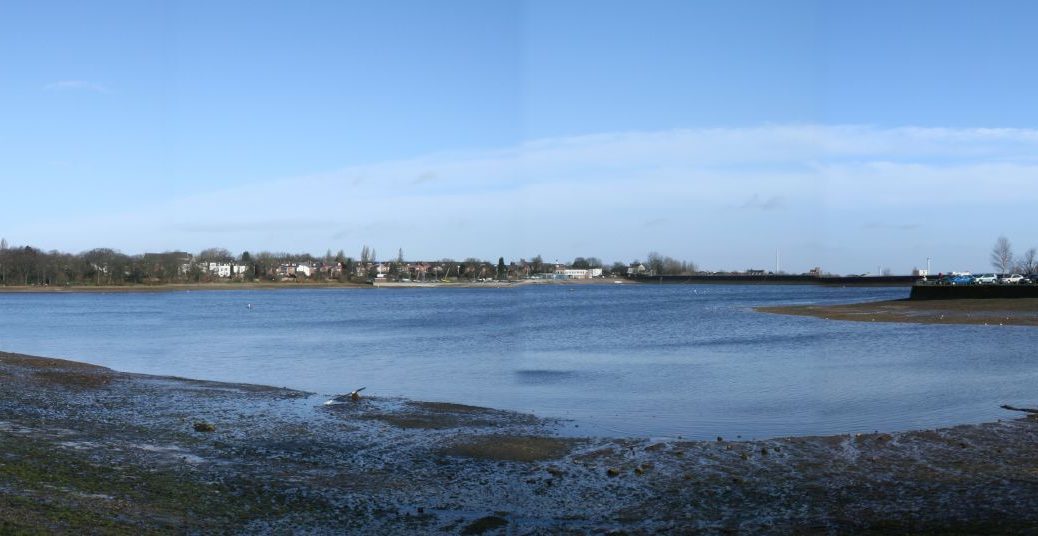The BBC report fewer of the UK’s smallest birds have been spotted this year by volunteers in the Big Garden Birdwatch, an annual survey run by the RSPB.
Long-tailed tits were down by 27% and wrens by 17% after being seen in large numbers in 2018. Last year’s very cold spell brought by the Beast from the East is thought to be a factor, as smaller birds would have been hardest hit by the blast.
House sparrows, meanwhile, are making a comeback after years in decline.




